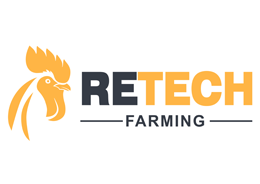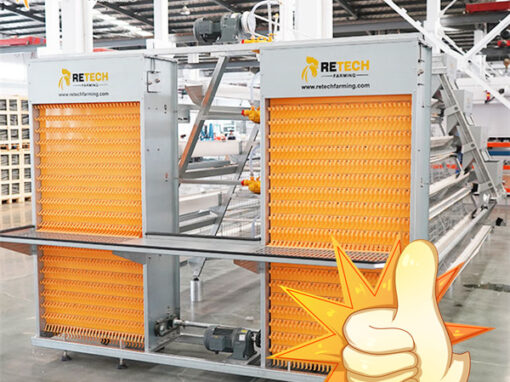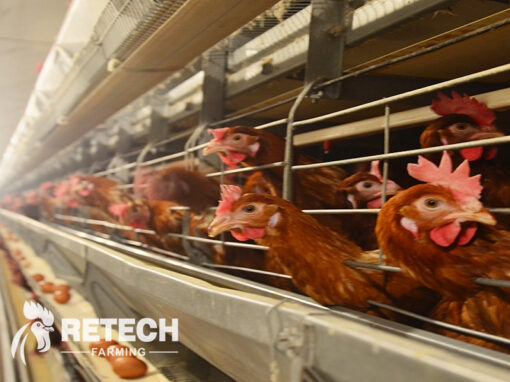When the high temperature in summer comes, how do you let the laying hens eat well without affecting the laying of eggs?
There are many factors that affect the production performance of chickens, such as hardware facilities and equipment, feeding and management level, feed nutrition, diseases, etc.
Under standard feeding and management conditions, the production performance of chicken flocks can be stable, but when entering the high temperature season in summer, the production performance of chicken flocks will be significantly reduced due to heat stress, which will bring different degrees of economic losses to farmers.
So, how to alleviate the negative effects of summer heat stress through effective nutritional regulation measures?
- The transformation route of feed nutrition chickens meet their life maintenance, egg production and weight gain by ingesting feed and ingesting nutrients.
- Maintenance requirements vary with ambient temperature; egg production requirements vary with egg production; weight gain requirements vary with age, weight gain, etc.
- The harm of heat stress to the production of laying hens
- Reduce feed intake

chicken farm
(1) Decrease in feed intake affects production performance
The direct manifestation of high temperature stress is reduced feed intake, resulting in reduced nutrient intake, resulting in reduced production performance.
such as reduced body weight, reduced egg production rate, and reduced egg weight;
At the same time, due to the decrease in the intake of minerals and trace elements and the increase in water intake, the ion balance relationship that forms the eggshell is broken, and the quality of the eggshell deteriorates;
(2) Estimation method of the degree of decrease in feed intake
Judging from the market situation, most farmers do not monitor feed intake. In this case, formula adjustments can be made by estimating feed intake.
The estimation method is as follows: when the ambient temperature is between 21°C and 32°C, the feed intake decreases by 1.2-1.5% for each 1°C increase;
when the temperature is 32-38°C, the feed intake decreases by about 3.2% for each 1°C increase.


